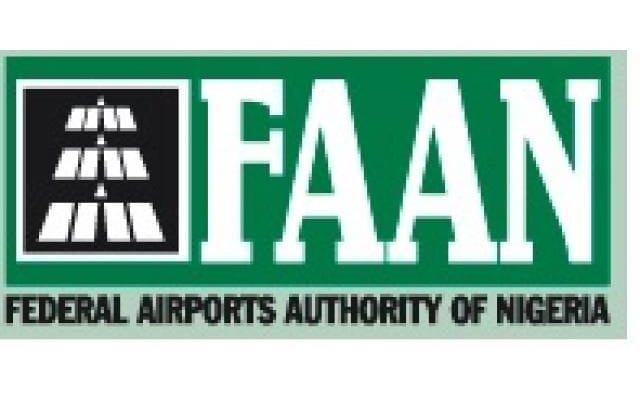The Federal Government had on Tuesday said that the four major airports in Nigeria located in Lagos, Abuja, Port-Harcourt and Kano were not designed as international facilities.
The Minister of Aviation, Hadi Sirika disclosed this at the stakeholders’ webinar during his presentation on Nigerian Airport Concession Strategy.
READ ALSO: AfDB to Provide $150m Fund for Women in Agriculture
Sirika said the airports were operating below expectation and that is why the facilities had been put up for concession.
The Federal Government had put up the Lagos, Abuja, Port Harcourt and Kano airports for concession for a minimum of 20 years.
It provided the explanation in a document on frequently asked questions about airport concession released by the Federal Ministry of Aviation.
In a document on the status of the road map/public private partnership projects concession of airports, the government named the airports/parts that were up for concession.
They include the Murtala Muhammed International Airport, Lagos: international and cargo terminals; and the Nnamdi Azikiwe International Airport, Abuja: international, domestic and cargo terminals.
Others include the Port Harcourt International Airport, Port Harcourt: international, domestic and cargo terminals; and Mallam Aminu Kano International Airport, Kano: international, domestic and cargo terminals.
While speaking on the objectives of the concession project at the webinar on Tuesday, Sirika said, “The airports in Nigeria are currently operating in a suboptimal environment, most notably due to factors that will have to be improved as part of the public private partnership programme.”
He stated that there was an urgent need for infrastructure investments and modernisation as all airports required investments in runway maintenance, navigation aids as well as terminal facilities.
The minister said, “The airports have not been designed as international hubs but operate separate international and domestic terminals.”
Sirika named the transaction advisers for the project to include Infrata, Dentons, Proserve, Ciena, and Templars, describing them as reputable firms that would advise the Federal Ministry of Aviation.
According to him, the concessionaires would provide the investment required to upgrade the existing terminals, take over the new terminals and maintain them over a period of time to be determined based on financial assessment of each transaction.

